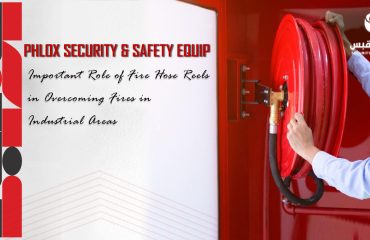
Fire Safety Procedures for Workplaces During Holidays: Essential Tips
Fire safety in the workplace should always be a priority, especially when employees are off or the office is closed. Many businesses underestimate the risks that can occur when the workplace is unoccupied, but implementing proper fire safety procedures during days off can make all the difference in preventing potential disasters. In this guide, we will explore key fire safety protocols to follow in your workplace during days off, ensuring a safer environment for all.
1. Turn Off Electrical Equipment to Prevent Fires
Electrical fires often occur in workplaces. To reduce this risk during days off, make sure employees turn off all non-essential electrical equipment, such as computers, printers, and kitchen appliances. By doing this, they can prevent overheating, electrical faults, and the chance of a fire outbreak.
2. Check Fire Alarm Systems Regularly
A functional fire alarm system serves as your first line of defense in a fire emergency. Before leaving for a day off, ensure that the staff checks smoke detectors, fire alarms, and sprinkler systems. Regular maintenance and testing of these systems help ensure they activate if a fire occurs, even when no one is around.
3. Store Flammable Materials Safely
Properly storing flammable materials is a critical fire safety measure. Ensure employees store all chemicals, cleaning supplies, paper, and other combustible materials in fire-resistant cabinets, away from any heat sources. This practice reduces the chances of a fire starting unintentionally during off-hours.
4. Ensure Emergency Exits Are Accessible
Employees must clear access to emergency exits, especially when the workplace is closed. Check that all exit routes remain unobstructed, and emergency lighting functions properly. This preparation ensures that people can evacuate safely in the event of a fire and that emergency responders can access the building without hindrance.
5. Appoint a Fire Safety Warden
Designate a fire safety warden to monitor fire safety procedures during days off. This individual should be well-trained in fire safety protocols and know how to respond in case of an emergency. By assigning a fire safety warden, you ensure someone is always ready to act if a fire breaks out, even when the regular staff is away.
Conclusion: Fire Safety Matters Even on Days Off
By following these fire safety procedures, businesses can reduce the risk of fire-related incidents, even when employees are not present. Simple actions like turning off electrical equipment, checking alarms, and securing flammable materials can help protect your workplace from fire hazards. Don’t wait for an emergency—prepare your workplace for safety today.



